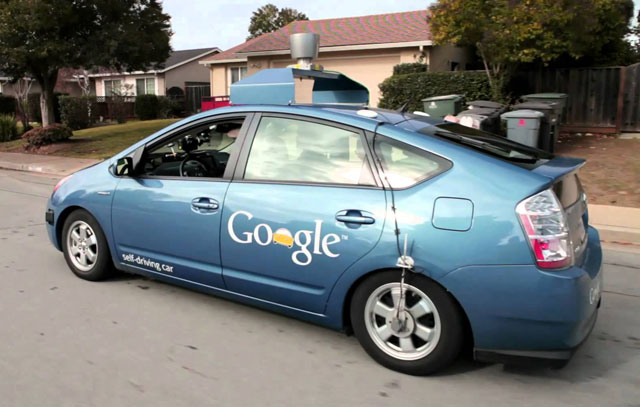
Autonomous car technology is set to upend insurance companies who will have to reinvent their business models, say industry experts.
While Google is driving driverless car technology, the question of how it will affect insurance companies with regard to liability remains open.
“It really is a question of who then has responsibility and that’s probably going to be a corporate somewhere. But the interesting other question around that is: what will be the cost of insurance when the number of accidents goes down dramatically?” said Brian Burke, Gartner analyst specialising in enterprise architecture.
Google’s fleet of driverless cars have covered 2,7m kilometres and been involved in 11 accidents, but the technology may dramatically reduce collisions as it gains traction.
“At some point in time all of the everyday fender benders that the market survives on are going to be dramatically less,” said Burke.
That view corresponds with a PricewaterhouseCoopers’South African insurance industry analysis report which found that driverless car technology could be an industry “game changer”.
“Technology is set to be one of the strongest game changers across many sectors and not least affected will be the design of future insurance products. Technological breakthroughs in driverless cars, for example, will be changing the playing fields dramatically,” the report asserts.
Under South African law, a driver must be shown to have caused an accident in order to be held accountable, but cyber criminals add layers of complexity to liability claims in the case of autonomous cars.
“In the scenario of a hacker causing a driver’s brakes to fail that driver would have to show that he was not at fault. In other words the accident could not be attributed to him because part of the car )the brakes) failed to work due to an outside influence (hackers) which was beyond his control,” specialist technology attorney Russel Luck said.
Charlie Miller and Chris Valasek recently demonstrated an ability to control a 2014 Jeep via tunnelling through the Internet.
Burke said that the issue of liability in the event of a driverless car collision will have to debated.
“Is it a technical problem with the car? Is it a problem with the program that is running the car? Obviously the problem is not going to be with the driver because no one is driving the car.” — Fin24




